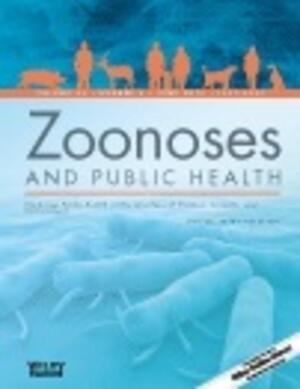
CRISPR-Cas-based pen-side diagnostic tests for Anaplasma marginale and Babesia bigemina
Abstract
Anaplasma marginale and Babesia bigemina are tick-borne pathogens, posing significant threats to the health and productivity of cattle in tropical and subtropical regions worldwide. Currently, detection of Babesia bigemina and Anaplasma marginale in infected animals relies primarily on microscopic examination of Giemsa-stained blood or organ smears, which has limited sensitivity. Molecular methods offer higher sensitivity but are costly and impractical in resource-limited settings. Following the development of a pen-side test for detecting Theileria parva infections in cattle, we have created two additional CRISPR-Cas12a assays targeting Anaplasma marginale and Babesia bigemina. The assays target the major surface protein 5 (MSP5) for A. marginale and rhoptry-associated protein 1a (RAP1a) for B. bigemina. These additional tests involve a 20 min recombinase polymerase amplification (RPA) reaction followed by a 60 min CRISPR-Cas12a detection with a lateral strip readout. Results demonstrate high specificity, with no cross-reactivity against other tick-borne parasites, and a limit of detection down to 102 DNA copies/µL of each target marker. The findings pave the way for sensitive and user-friendly pen-side tests to diagnose A. marginale and B. bigemina infections.
Citation
Muriuki, R., Ndichu, M., Githigia, S. and Svitek, N. 2024. CRISPR-Cas-based pen-side diagnostic tests for <i>Anaplasma marginale</i> and <i>Babesia bigemina</i>. Microorganisms 12(12): 2595.










